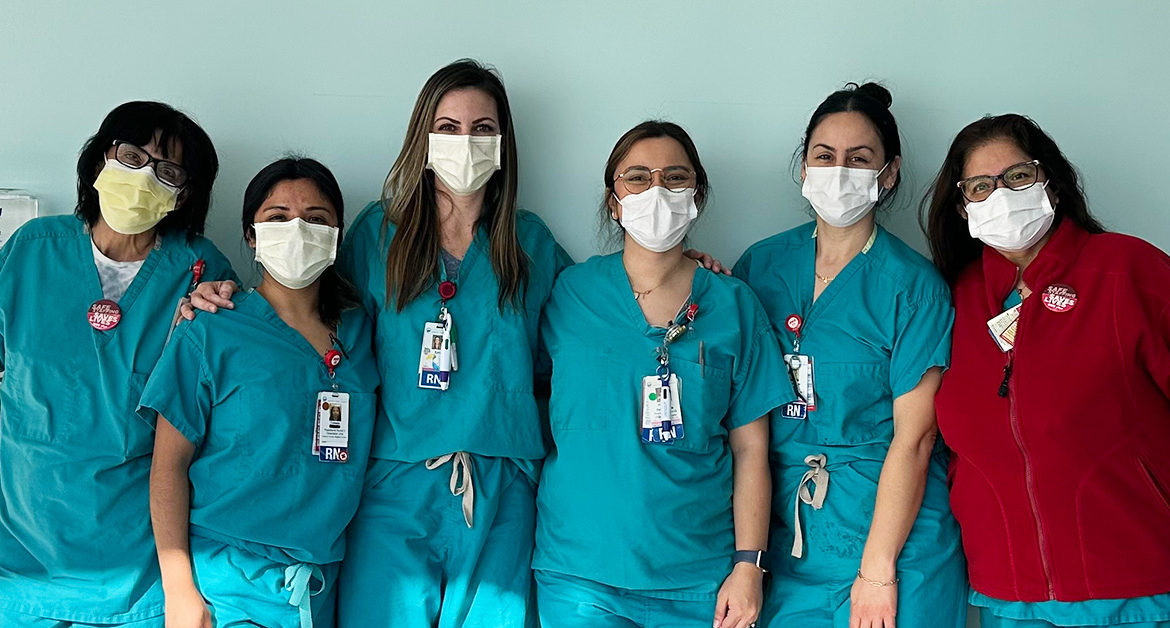Introduction
In the vast ecosystem of healthcare, nursing stands tall as the pillar of compassion, expertise, and unwavering dedication. It’s not just a profession; it’s a calling—a sacred duty to care for those in need. In this blog, we embark on a journey to explore the profound impact of nursing, from its historical roots to its modern-day significance, honoring the remarkable contributions of nurses worldwide.

Historical Legacy
The origins of nursing can be traced back to Florence Nightingale, whose pioneering work during the Crimean War laid the foundation for the nursing profession. Nightingale’s emphasis on hygiene, compassion, and patient care revolutionized healthcare practices and set a standard of excellence that continues to inspire nurses to this day.
The Essence of Nursing
At its core, nursing is about more than just administering medications or treating illnesses; it’s about providing holistic care that nurtures the mind, body, and soul. The essence of nursing is manifested through:
- Empathy: Nurses possess a unique ability to empathize with patients, understanding their fears, hopes, and struggles. This deep connection forms the basis of trust and healing between nurses and those they care for.
- Advocacy: Nurses serve as tireless advocates for their patients, ensuring their voices are heard and their needs are met within the healthcare system. They fight for dignity, respect, and equitable access to quality care.
- Holistic Care: Nursing embraces a holistic approach to patient care, recognizing that health is influenced by various factors, including physical, emotional, and social well-being. Nurses address these interconnected aspects to promote overall wellness and healing.
Diverse Roles within the Nursing Profession:
Nursing is a diverse and multifaceted field, offering a wide range of opportunities for specialization and growth. Some of the diverse roles within the nursing profession include:
- Clinical Nursing: Clinical nurses provide direct patient care in hospitals, clinics, and other healthcare settings, administering treatments, monitoring vital signs, and educating patients about their health.
- Nurse Educators: Nurse educators play a vital role in training the next generation of nurses, sharing their knowledge and expertise through classroom instruction and clinical supervision.
- Nurse Leaders: Nurse leaders oversee healthcare units, develop policies, and guide the delivery of patient care, ensuring quality, safety, and efficiency within healthcare organizations.
Education and Training:
Becoming a nurse requires rigorous education and training, including academic coursework, clinical rotations, and hands-on experience. Nursing programs equip students with the knowledge, skills, and critical thinking abilities needed to excel in the field.
Technology and Innovation:
Advancements in technology have transformed nursing practice, offering new tools and resources to enhance patient care. From electronic health records to telemedicine and medical devices, technology empowers nurses to deliver more efficient, effective, and patient-centered care.
Challenges and Triumphs:
Despite the rewards of nursing, the profession is not without its challenges. Nurses often face long hours, high levels of stress, and emotional strain as they care for patients in need. However, their resilience, compassion, and unwavering dedication enable them to overcome obstacles and make a meaningful difference in the lives of others.
Conclusion:
In conclusion, nursing is the heartbeat of healthcare—a profession driven by compassion, expertise, and a profound commitment to healing. As we celebrate the invaluable contributions of nurses, let us honor their dedication, sacrifice, and unwavering compassion. They are the unsung heroes of our healthcare system, and their impact resonates far beyond the walls of hospitals and clinics.














